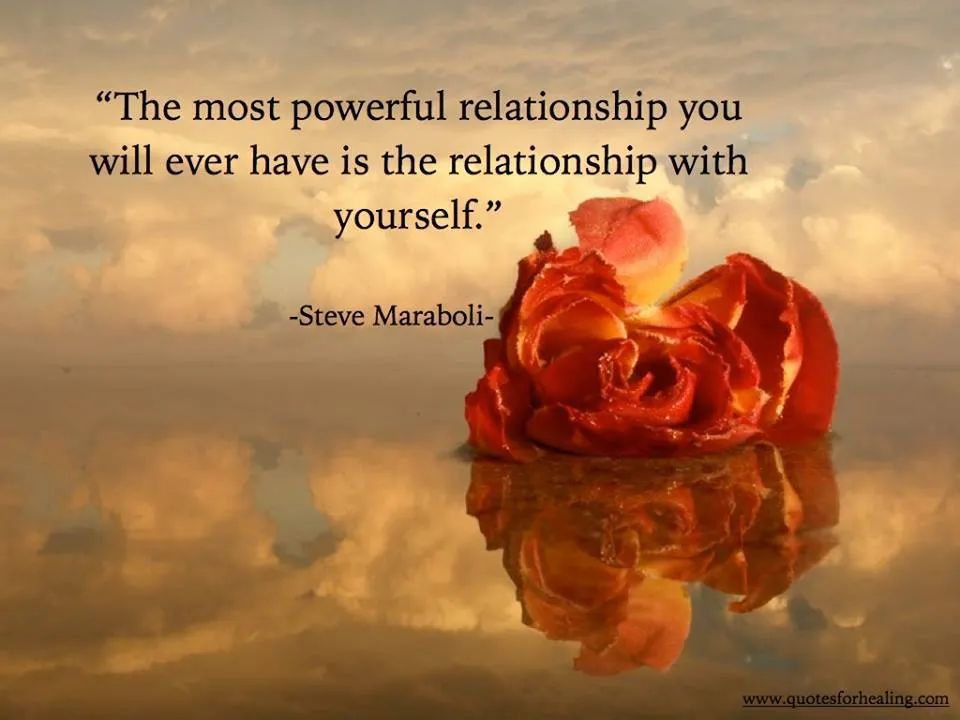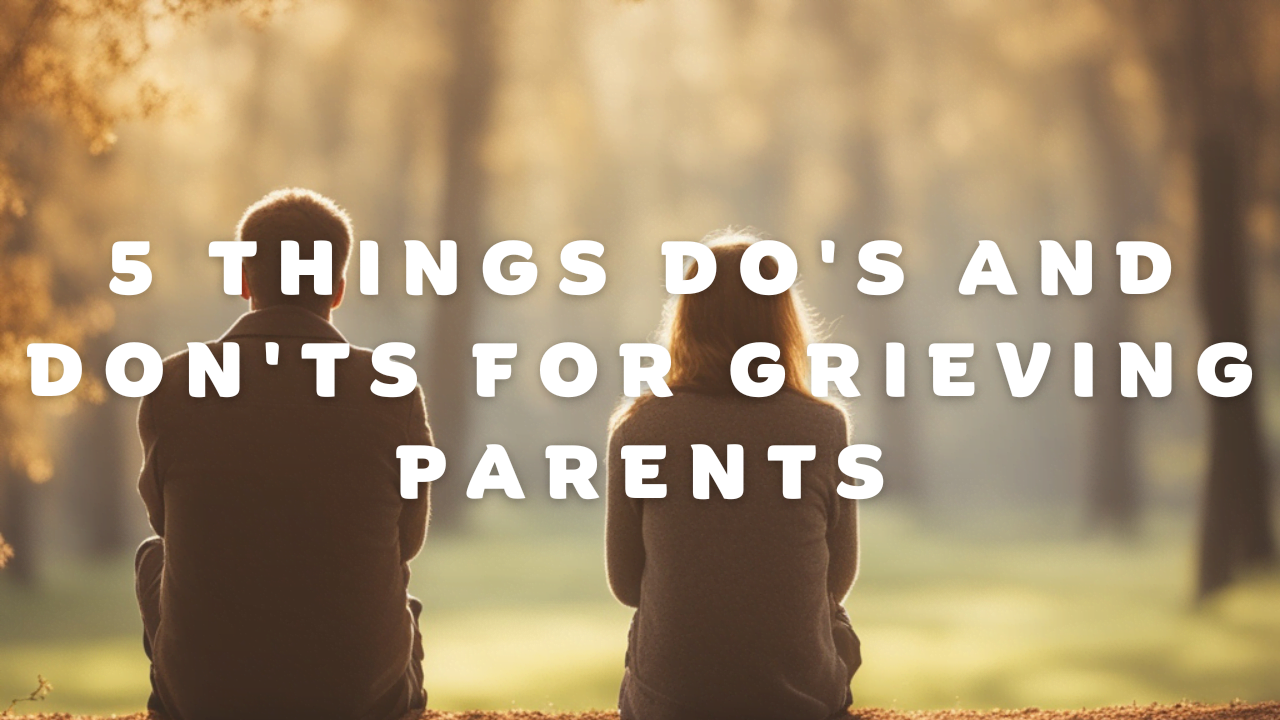Losing a child is one of the most devastating experiences any parent can face. Whether it’s due to miscarriage, illness, accident, or unexpected tragedy, the grief that follows can feel overwhelming and endless. Many grieving parents find themselves navigating a confusing world of emotional pain, social isolation, and internal conflict.
In this guide, we’ll walk through helpful do’s and don’ts for grieving parents, supported by real-life experiences, therapist-backed insights, and practical tips. Whether you’re a parent coping with loss or someone trying to support a grieving friend or family member, this guide will help you foster healing with compassion and understanding.

Do: Allow Yourself to Feel Every Emotion
Grief isn’t linear—it comes in waves. Some days you may feel sadness, anger, guilt, or even numbness. Let yourself feel whatever comes without judgment.
Real-Life Insight:
“After we lost our 3-year-old daughter in an accident, I felt guilty for smiling even once. I now realize that grief doesn’t mean never feeling joy again—it means carrying the loss with you as you rebuild.” – Sarah, mother of one angel baby.
Tip: Keep a journal. Writing down your feelings helps you release them and track your healing journey.

Don’t: Suppress or Rush the Grieving Process
Our society often expects people to “move on” quickly after a loss. But grief has no deadline. Suppressing it can lead to anxiety, depression, and long-term emotional damage.
Avoid phrases like:
- “It’s time to move on.”
- “You should be over it by now.”
- “At least you have other children.”
These invalidate the depth of grief a parent feels.
Do: Seek Support—You Don’t Have to Do This Alone
Joining a grief support group, talking to a therapist, or leaning on loved ones can ease the burden. Sometimes, being heard is the most powerful step toward healing.
Real-Life Tip:
Look for local or online support communities such as:
- The Compassionate Friends
- GriefShare
- Facebook grief groups for bereaved parents
Don’t: Isolate Yourself Completely
While it’s natural to want space, isolation can intensify feelings of sadness and loneliness. It’s okay to take a step back from social settings, but try to keep some connection—whether it’s texting a friend, taking a walk with a sibling, or attending therapy.
Do: Honor Your Child in Meaningful Ways
Creating rituals or memorials can help keep your child’s memory alive. This can be a powerful part of the healing process.
Ideas to Try:
- Plant a tree in your child’s memory.
- Start a scholarship in their name.
- Create a photo book or memory box.
- Celebrate their birthday with a small ritual.
Don’t: Feel Guilty for Laughing or Feeling Happiness
Grieving parents often struggle with “survivor’s guilt” or guilt over moments of joy. Remember, joy and sorrow can exist together. Smiling or laughing doesn’t mean you’ve forgotten—it means you’re healing.
Do: Talk About Your Child (If It Helps)
Some parents find comfort in talking about their child—sharing memories, telling stories, or even using their child’s name in conversation.
Real-Life Example:
“I still talk about Ethan when I meet new people. I say, ‘I have three children—two here, one in heaven.’ It helps me keep him close.” – Adam, father of three

Don’t: Compare Your Grief to Others
Every grieving journey is unique. What helps one person might not help another. Try not to measure your emotions or progress by someone else’s timeline.
Do: Prioritize Your Mental Health
Grief can trigger anxiety, depression, or PTSD. Seeking professional help is not a sign of weakness—it’s a step toward healing.
Signs You Might Need Support:
- Difficulty sleeping or eating
- Constant sadness or emotional numbness
- Loss of interest in daily life
- Panic attacks or anxiety
- Persistent thoughts of guilt or self-blame
Tip: Look for therapists who specialize in bereavement counseling.
Don’t: Feel Pressured to “Be Strong” for Others
Many parents feel they must stay strong for their partner, children, or parents. But true strength lies in vulnerability. Share your emotions—it opens space for real connection.
For Friends and Family: What You Should and Shouldn’t Do
If you’re supporting someone who’s lost a child, your presence and compassion matter more than anything. But it’s easy to unintentionally say something hurtful.
Do:
- Say the child’s name.
- Offer specific help (e.g., “I’ll bring dinner Thursday”).
- Listen without judgment.
Don’t:
- Say, “Everything happens for a reason.”
- Give unsolicited advice.
- Disappear because you don’t know what to say.
Coping Together: The Impact on Marriage and Family
Grief can strain relationships, especially between partners. One may want to talk while the other shuts down. One may cry openly, while the other grieves quietly.
Tip for Couples:
Set aside a weekly “check-in” time where you share feelings without judgment.
Healing Takes Time—And That’s Okay
Healing doesn’t mean forgetting. It means learning to live with the loss in a way that allows love, hope, and connection to return—slowly and gently.
There’s no right way to grieve. There’s only your way—and that’s enough.
Final Words of Encouragement
You are not alone. Grief can feel like a long, dark tunnel—but others have walked this path and come out stronger, with hearts full of both pain and purpose. Be kind to yourself. Seek help. Speak their name. And remember, love never ends.
FAQs
Q1: How long should grief last after losing a child?
There is no set timeline. Grief can last months, years, or a lifetime. The goal isn’t to “get over it” but to learn how to live with it.
Q2: What are the best support groups for grieving parents?
Try organizations like The Compassionate Friends, GriefShare, and online forums dedicated to child loss.
Q3: Is it normal to feel anger or guilt?
Yes. Many parents feel guilt, even when it isn’t rational. Therapy can help unpack these feelings.
